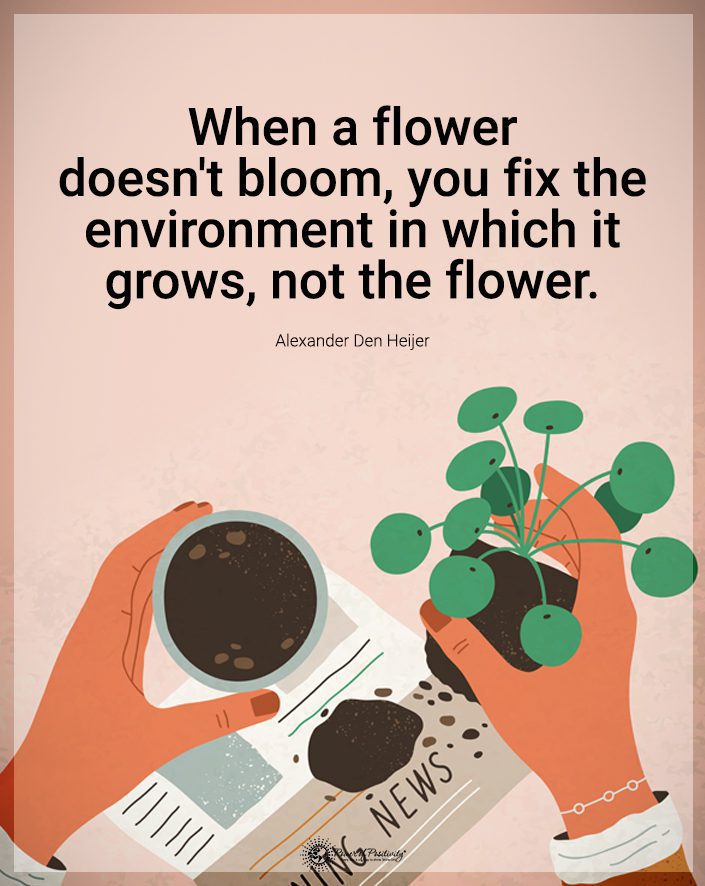Have you ever lost someone close to you? Do you describe yourself as a ‘people pleaser?’ Do you constantly worry someone is going to leave or betray you? If you can relate to the statements above, you may be experiencing childhood abandonment issues. Depending on the severity, these issues happen when people experience unhealthy, intense fears of losing people, places, or things in their life. They always fear they will experience being abandoned again. It is possible they can manifest at any point in your life, but usually, they begin during childhood.
We usually picture traditional abuse coming from parents or caregivers when we think of childhood abandonment. They can stem from that, but any relationship could be the root cause of abandonment issues. There are several reasons why someone may fear being abandoned and avoid being rejected or hurt. It doesn’t only point to a specific event; it can be born from a pattern of events. Children who lose someone close to them may grow up fearing they will lose the people they care for. These issues are primarily created based on childhood trauma and neglect. When a parent or caregiver denies their child the freedom to express themselves, places stress and pressure on their daily lives, dismisses their feelings, neglects them, and even treats them like a friend or peer rather than a child can contribute to potential abandonment issues.
Four Behaviors That Could Reveal Childhood Abandonment
When a child’s physical, mental, and emotional needs are unmet, they develop an insecure attachment style, which John Bowlby first proposed in 1969. Mary Ainsworth expanded on this work in the 1970s. They suggested that attachment styles often emerge in early childhood development stages from the relationships with their parents or primary caregivers. Parents or caregivers can better support their children by seeking mental health professional help, reassuring their love, providing validation, communicating, being open-minded, showing empathy, and ensuring they can express their emotions.
People with abandonment issues can have these different behaviors. They might end their relationships over something frivolous, push people away, always feel the need to please others, remain guarded with their emotions, avoid being vulnerable in any relationship, distrust someone’s intentions and assume they are negatively motivated, struggle to find a support system, disengage from relationships altogether to prepare for and avoid the rejection, and in extreme cases, resort to violence and manipulation.
While several behaviors people have experienced childhood abandonment may demonstrate, we describe the top four in detail.
1 – Being a People Pleaser Reveals Childhood Abandonment
Have you ever heard of being a “people pleaser?” Recently, this has become a popular term for people who tirelessly expend their time for others. They always will say “yes” to every request, even when it is not in their best interest. They’re very dependable and helpful and always willing to volunteer their time for someone or an organization. They tend to stretch themselves very thin because they are too busy supporting others. There is nothing wrong with wanting to help people. But if you fail to satisfy your own needs or neglect your wellbeing, it becomes an issue.
People pleasers tend to agree with whoever is near them to avoid confrontation, constantly apologize for things they had nothing to do with, and have a hard time telling people ‘No.’
Their worth comes from how much they can support people and how they are perceived. This goes back to childhood abandonment because they want to keep people close to avoid rejection or being abandoned again. If they are always pleasing the ones around them, there is no reason for them to leave. Unfortunately, they may be taken advantage of for their good nature and build resentful thoughts. There is nothing wrong with respecting yourself and establishing the boundary by saying ‘no.’
2 – Feelings of Insecurity and Low Self-Esteem Come When Someone Abandons You
People with feelings of abandonment commonly experience a high sense of unworthiness, low worth, and insecurity. Growing up without receiving warm guidance, they will likely question what they did wrong. Those debilitating thoughts might surface in their relationships when someone feels bad about themselves. These insecurities traverse into trust issues. This is why people with abandonment issues have a problem with trusting others. They convince themselves they are unworthy of love.
3 – People Who Experienced Childhood Abandonment Can Become Attached Very Fast
Many people with abandonment issues may become attached to people too fast. This may sound like a good thing. But it is essential to ensure they are on the same page with the other person. On the receiving end, it can be overwhelming for the other person when you develop feelings too quickly or overshare things about your life. They could potentially avoid or leave you, worsening your abandonment issues because you had no idea what happened. Because insecurity is a familiar feeling associated with abandonment issues, you will internalize the situation, decreasing your self-esteem. You will reflect on everything and fixate on what you think you did wrong.
They want to feel close to someone. If someone has abandoned them, they may become clingy because they need the support and attention they had before. Since they believe rejection and abandonment are inevitable, they want to feel close to someone, even if they don’t know the person well. It is a real positive feeling when they discover the person they can connect with. For some, it may be the first time they’ve felt validated. It is hard not to become quickly attached when you finally find the support you need.
4 – Difficulty Being Vulnerable Comes With Being Abandoned
As previously stated, vulnerability is hard for people to show with abandonment issues. They may be very guarded. If someone growing up has been vulnerable with their partner or parent, and their loved ones dismissed their feelings, they slowly create a wall between themselves and the world. They have felt invalidated and don’t want to feel like that again. This is why it is so hard for them to be vulnerable. They don’t want to experience opening up and not receiving validation.
Final Thoughts on Coping With Childhood Abandonment: What You Can Do Next
If you align with any of these behaviors, it is essential to identify them before they become unhealthy for you or your relationships. Consider going to therapy to address your concerns with them. If treatment is not possible, try your best to open up to your relationships about these issues. They may be able to provide the support or guidance you need to navigate emotionally. If your needs are unmet, take the time to practice self-care for your emotional well-being. If you know someone with abandonment issues, give them the space to be themselves and affirm your support for that special person.





















